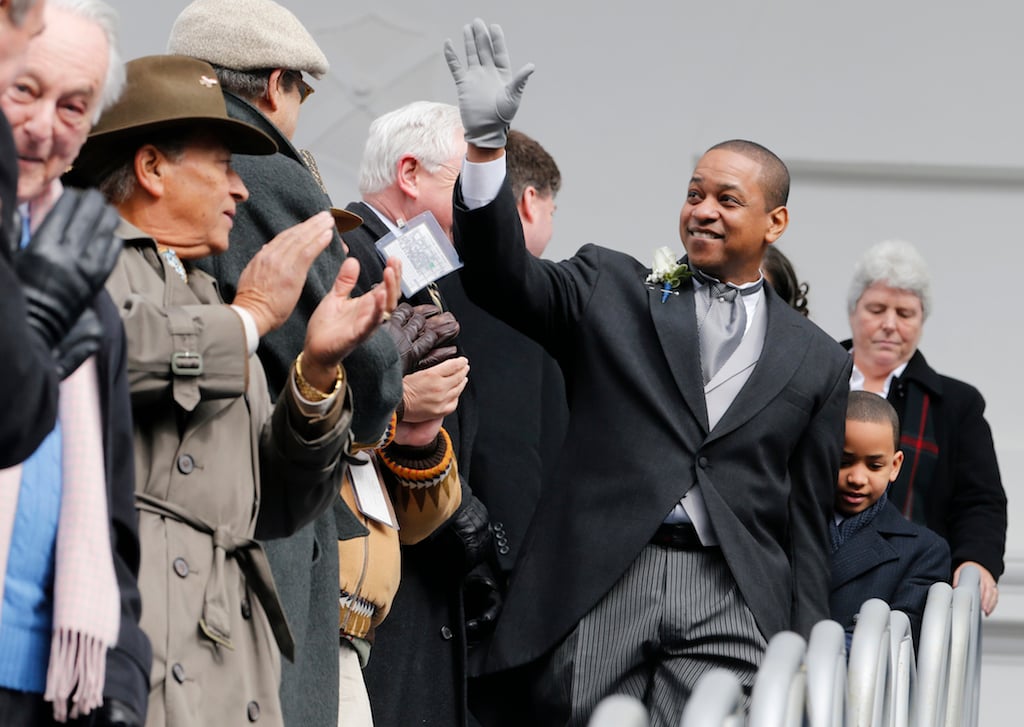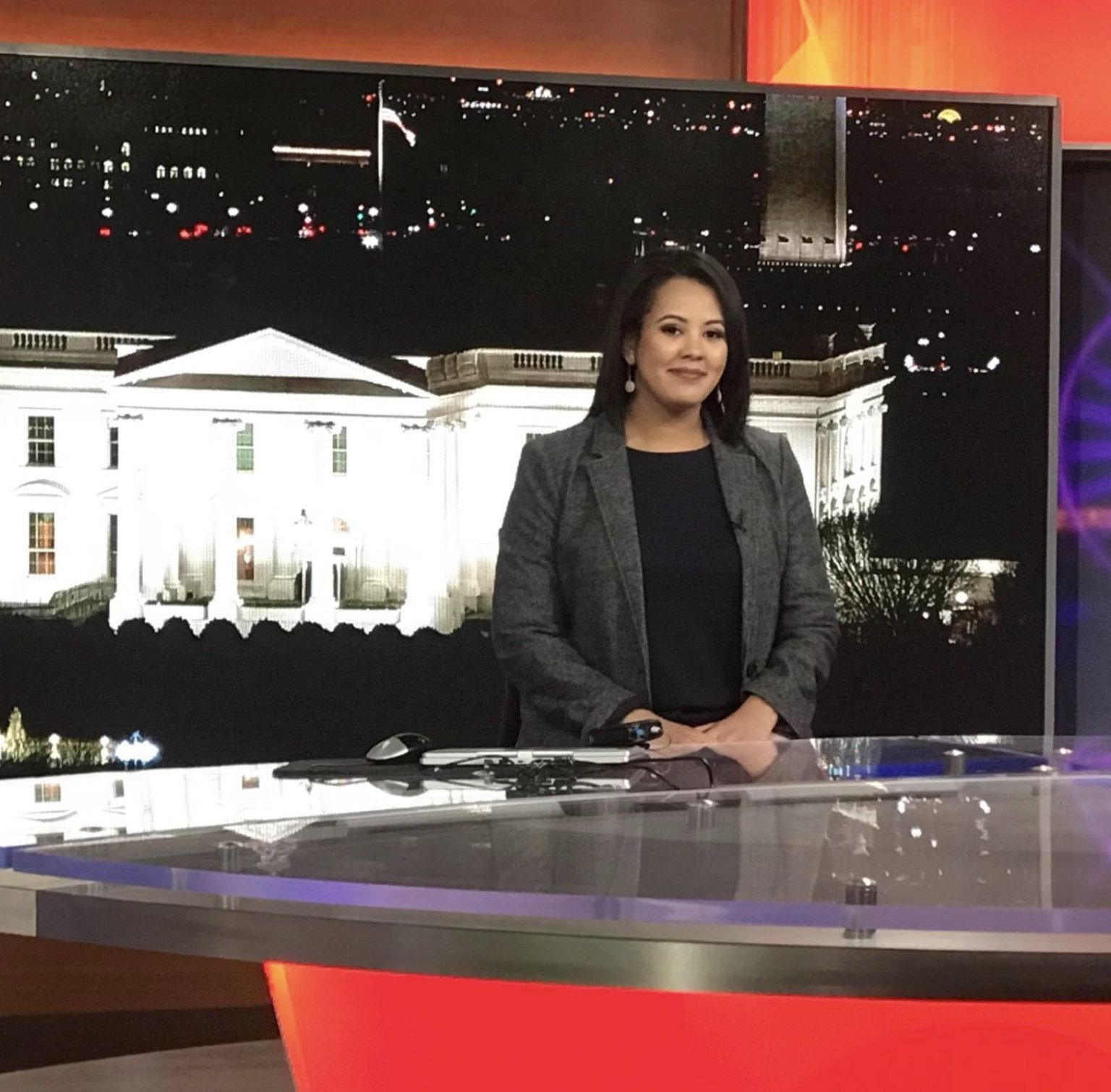Democratic lieutenant governors across the country are forming their own coalition to flip ballots and push for progressive policies nationwide.
Virginia Lieutenant Governor Justin Fairfax will run the Democratic Lieutenant Governors Association, which launches Tuesday. With an executive board including LGs from Delaware, Montana, and Washington state, it will function similarly to the Democratic Congressional Campaign Committee by funneling cash to standout candidates and coordinating liberal messaging from state to state. The DLGA promises to be proactive going into November’s midterms, the 2021 gubernatorial elections, and beyond.
“We’re here not just to play defense,” Fairfax says. “And that’s a different posture from what we have seen in the past. I think it’s exactly the right moment in our American electorate to engage in this kind of robust national effort.”
Okay, but why should Democrats care about a position that, in many states, is largely ceremonial?
According to this group of Democrat lawmakers, the answer is simple: every election matters. Currently, 14 states and one US territory have Democrats as lieutenant governors. DLGA’s main focus is to double or triple that number within the next four years. Fairfax says Virginia, which has moved from a reliably red state to one that’s elected Democrats at the top of the ticket the last two elections, can show other states how they might proceed.
“Virginia is a state that shows you can be both progressive and pro-growth,” Fairfax says. “It’s a great model for the rest of the country where you can enact progressive policies and move the discussion forward.” He hopes that DLGA can help others mimic his own lieutenant gubernatorial race last November, which he won by five points. (Virginia Governor Ralph Northam served as lieutenant governor before Fairfax.)
“Post-2016, the nation was looking for hope, but didn’t know where it would come from. We were the first major statewide election following the presidential. Really, the eyes of the nation were upon us. And the campaign took that on as a challenge. We decided not to bury our heads in the stand, and that paid tremendous dividends.”
Democrats won up and down the ticket, picking up 15 seats in the House of Delegates, and leaving Republicans with a one-seat advantage in the Senate. In May, the legislature toppled years of GOP resistance and passed a hefty Medicaid expansion package. These results are a clear example of change at work, Fairfax says: “What people saw here was that when they came out to vote, they won, and we, finally, got change.”
The DLGA will function differently from other national level organizations like the DCCC. It will focus on states, from the executive level on down, trying to flip as many state governments as possible. Nor, unlike some of those groups, does it plan to bicker on Twitter with its Republican counterpart, in this case the Republican Lieutenant Governors Association, says Roshan Patel, former finance director for the Democratic Governors Association and the DLGA’s new executive director.
“It’s not as loud down here,” Patel adds. “The party committees are there because of national noise. The state committees, it’s a little more grounded. We’re going to be very competitive, we’re looking to win, but you don’t see the committee-on-committee crime that you see on the national parties.”
So no internet bar fights? “At least, not with bottles,” Patel says.


















